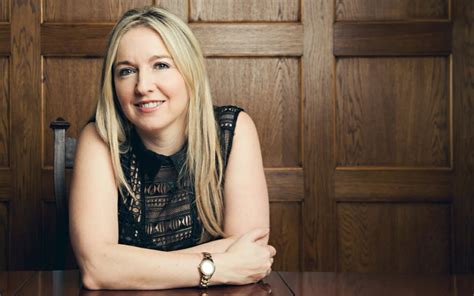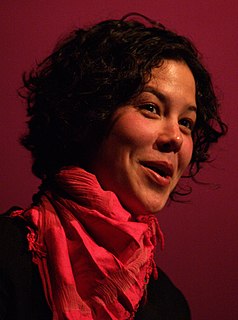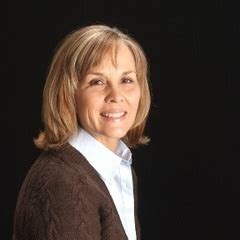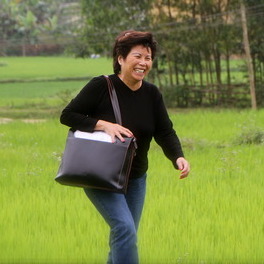A Quote by Victoria Coren Mitchell
School is supposed to civilise us, to tame our wilder instincts and teach us how to be more sensible, more knowledgeable, and cleverer.
Related Quotes
I see the Christian world like this: we've inherited a divided map of the truth, and each of us has a piece. Our traditions teach us that no one else has a valid map and that our own church's piece shows us all the terrain and roads that exist. In fact, there is much more terrain, more roads, and more truth for us to see if we can accept and read one another's maps, fitting them together to give us a clearer picture of the larger Christian tradition.
People need to learn how to respond to each other's hatreds with love - which is what Jesus taught us, which is what Buddha came here to teach us, which is what Muhammad taught us, which is what all of the great spiritual masters who have ever walked among us who live at those highest energies taught us - responding to force with more force will just create more problems.
For you see, the face of destiny or luck or god that gives us war also gives us other kinds of pain: the loss of health and youth; the loss of loved ones or of love; the fear that we will end our days alone. Some people suffer in peace the way others suffer in war. The special gift of that suffering, I have learned, is how to be strong while we are weak, how to be brave when we are afraid, how to be wise in the midst of confusion, and how to let go of that which we can no longer hold. In this way, anger can teach us forgiveness, hate can teach us love, and war can teach us peace.
The primary function of poetry, as of all the arts, is to make us more aware of ourselves and the world around us. I do not know if such increased awareness makes us more moral or more efficient. I hope not. I think it makes us more human, and I am quite certain it makes us more difficult to deceive.
Our lives are full of separations that shake us up, force us to attend to our emotional selves and to learn new ways of being in the world. Although many of our losses are painful, they encourage our gains. The lesson life is trying to teach us is that, regardless of the challenges and changes in the physical world, we will abide in peace by aligning ourselves with our inner changelessness. The power of God in us is more than equal to any moment-no matter what it brings. We live in a loving, supportive universe that is always saying yes to us.
What we men share is the experience of having been raised by women in a culture that stopped our fathers from being close enough to teach us how to be men, in a world in which men were discouraged from talking about our masculinity and questioning its roots and its mystique, in a world that glorified masculinity and gave us impossibly unachievable myths of masculine heroics, but no domestic models to teach us how to do it.
We don't think much about how our love stories will affect the world, but they do. Children learn what's worth living for and what's worth dying for by the stories they watch us live. I want to teach our children how to get scary close, and more, how to be brave. I want to teach them that love is worth what it costs.






































